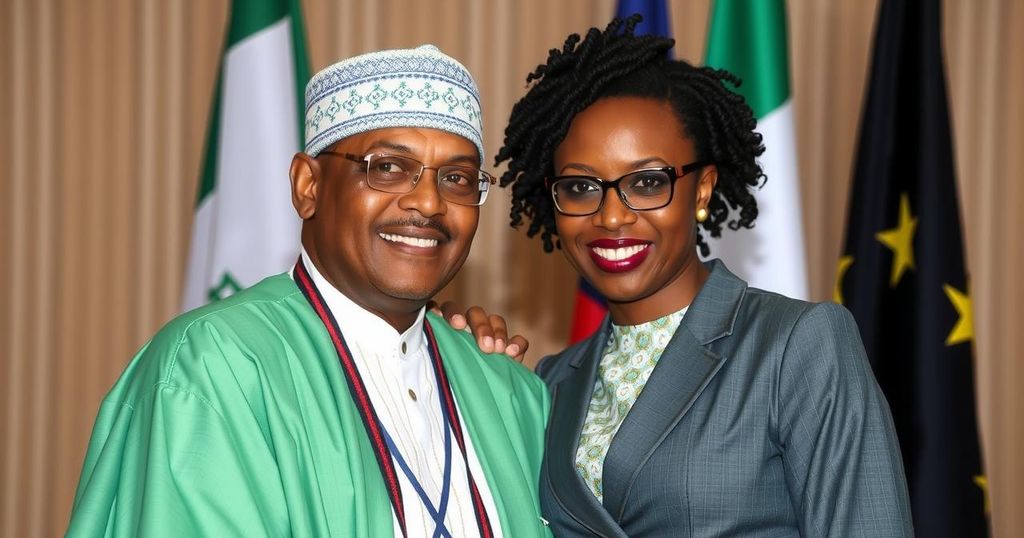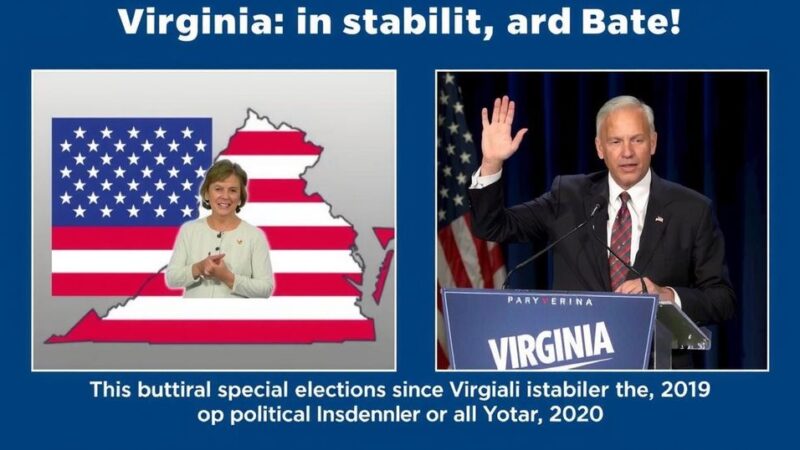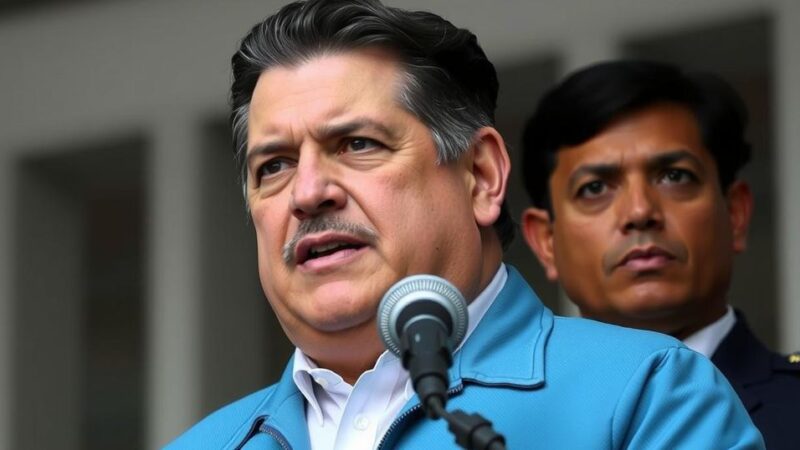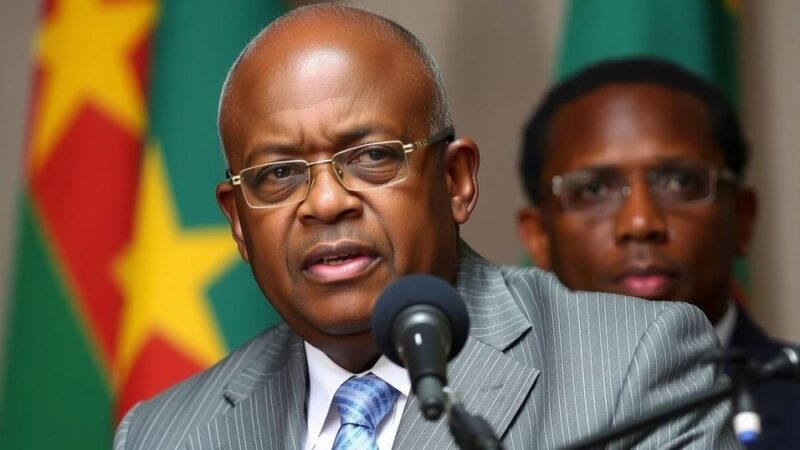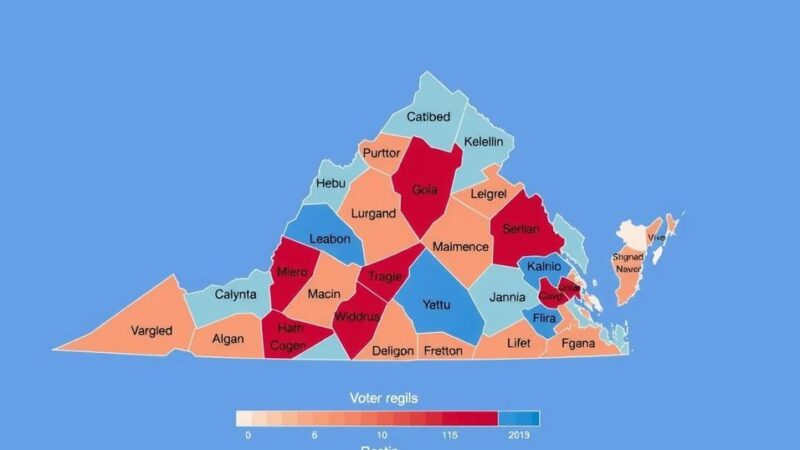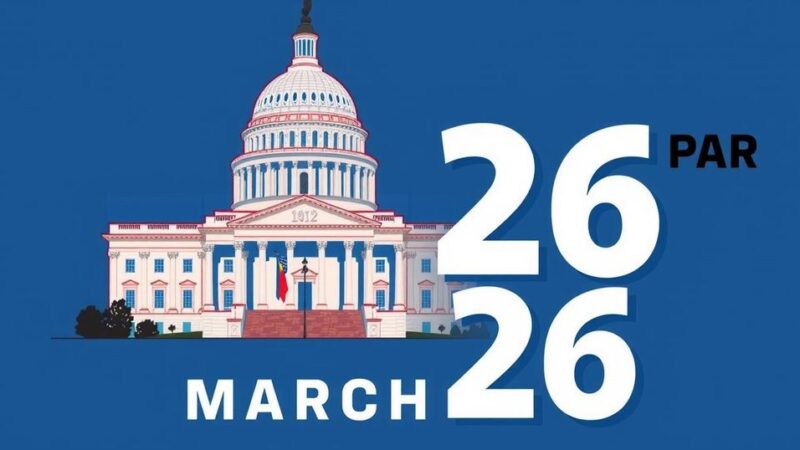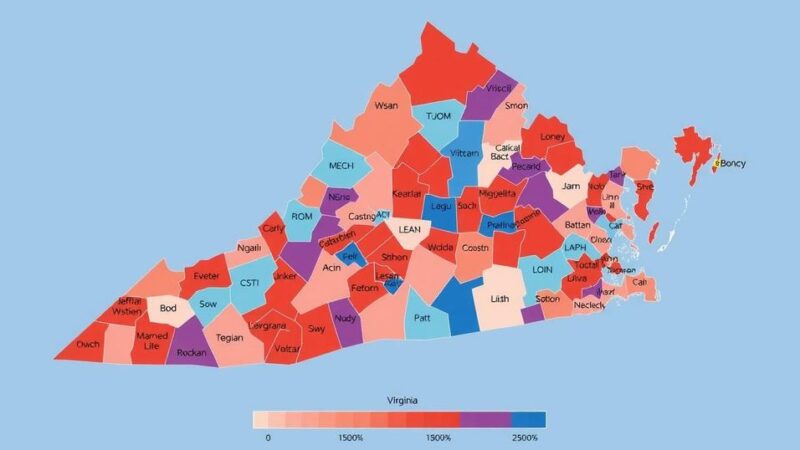Nigeria has stated it will not cut ties with France despite calls from certain citizens to do so following actions by Niger, Burkina Faso, and Mali. Minister for Foreign Affairs Yusuf Tuggah emphasized that maintaining this relationship aligns with Nigeria’s national interest and constitutional principles. He dismissed the notion that Nigeria should alter its foreign policy based on neighboring countries’ diplomatic decisions, stressing the importance of sovereignty and independence.
The administration of President Bola Tinubu of Nigeria has publicly declared that it will not sever ties with France, despite the recent decisions made by the military governments in Niger, Burkina Faso, and Mali to cut diplomatic relations with the French government. In an interview on Arise News Television, Nigeria’s Minister for Foreign Affairs, Ambassador Yusuf Tuggah, articulated that the calls from some Nigerian citizens to discontinue relations with France are based on a narrow perspective and do not align with Nigeria’s national interests.
Minister Tuggah emphasized the significance of Nigeria as a sovereign nation, stating, “It is insulting to Nigeria and Nigerians for anyone to look at Nigeria and say that they are in course after I finished describing all of these things – Operation Barkhane, G-5 Sahel.” He further criticized the notion that Nigeria should align its diplomatic relationships based on the actions of its neighbors, arguing that such views neglect the constitutional freedoms guaranteed to Nigerians, such as free speech and the right to critique their government publically.
When questioned about the significance of a renewed partnership between Nigeria and France, the minister reaffirmed that Nigeria has historically maintained a relationship with France and downplayed any perceived shifts in this dynamic. Tuggah elucidated that Nigeria’s collaborations extend beyond France and encompass significant global powers crucial for addressing regional insecurity, including the United States and Russia, stating, “We cannot tackle the issue of insecurity in our region simply by a partnership or by being friends with the Sahel countries.”
He concluded that it is unreasonable and short-sighted for some to suggest that Nigeria should abandon its ties with France merely because neighboring countries have done so, thereby disregarding Nigeria’s status as a more significant partner in this relationship. The minister stressed that the Nigerian government is committed to protecting its constitutional values and national interests under President Tinubu’s leadership.
Citing Nigeria’s stature as a senior partner in its regional diplomatic engagements, Tuggah firmly rejected the notion that external pressures should dictate Nigeria’s foreign relations, stating, “It is shortsighted, it is myopic and it is not in Nigeria’s national interest.”
Through these comments, the Tinubu administration aims to affirm Nigeria’s independent foreign policy stances while advocating for broader regional cooperation without yielding to external pressures.
In the context of evolving geopolitical dynamics in West Africa, Nigeria’s stance towards its diplomatic relations with France is critical, particularly as neighboring countries like Niger, Burkina Faso, and Mali have recently shifted their alliances. These military-led governments have chosen to sever ties with France, which has historically been involved in military operations and cooperation in the Sahel region. The Nigerian government seeks to emphasize its independence and rationale behind maintaining longstanding relationships that serve its national interests.
The Nigerian government’s declaration of non-discontinuance of relations with France highlights its commitment to an independent foreign policy and national interests. Minister Tuggah’s remarks serve to reinforce the importance of stability and cooperation in addressing regional security challenges while advocating for the constitutional rights of Nigerians. The administration’s approach aims to navigate complex international relationships without being swayed by the political decisions of less stable neighboring regimes.
Original Source: saharareporters.com

